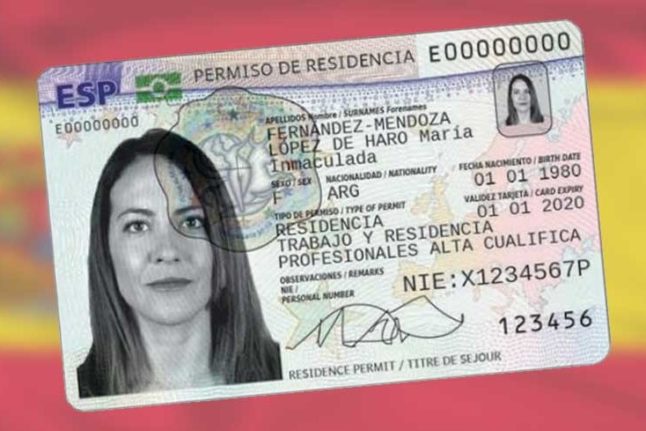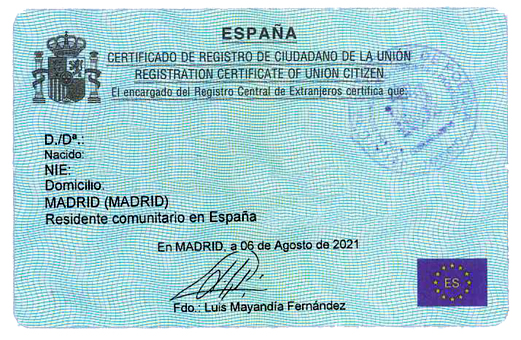“Discussions took place in a constructive atmosphere, with significant progress achieved. General political lines have been agreed, including on airport, goods and mobility,” the statement said, adding the talks would “continue over the coming weeks” to conclude the agreement.
Britain and Spain’s foreign ministers met on Friday in Brussels with European Commission vice president Maros Sefcovic and Gibraltar government chief Fabian Picardo to try to conclude an agreement over the tiny British territory’s status following Britain’s exit from the European Union.
Picardo told reporters that “we are within spitting distance, actually I would say within kissing distance” of reaching an agreement, while Spain’s Foreign Minister Jose Manuel Albares said the aim was to “conclude it as quickly as possible”.
Britain and Spain, which have disputed control of the tiny territory since it was ceded to Britain in the 1713 Treaty of Utrecht, reached a provisional accord in 2020 on free access for goods and people after Britain’s withdrawal from the European Union.
But no definitive agreement has been reached.
Spain and the European Union in 2022 proposed creating a “shared prosperity zone” with Britain for Gibraltar, where thousands of Spaniards go to work each day.
But that would have meant Spain taking control of Gibraltar’s external frontiers to control access to the Schengen visa free zone.
Spain has insisted that while it is ready to make a deal with Britain on free access, it is not giving up its demand to take back sovereignty of the tiny rock at the southern tip of the Iberian peninsula.
With the protocol on Northern Ireland agreed by London and Brussels last year, Gibraltar is now the last British territory without a deal clarifying its future relationship with the EU.




 Please whitelist us to continue reading.
Please whitelist us to continue reading.
I am opposed to this. If the UK wanted out, they should have to live by the rules they wanted in the first place and not the “oh I need an exception” when the UK brings little value to Spain as an economic trade partner. France, Germany, Italy, Belgium and even Portugal rank far better than the UK as economic trade partners.